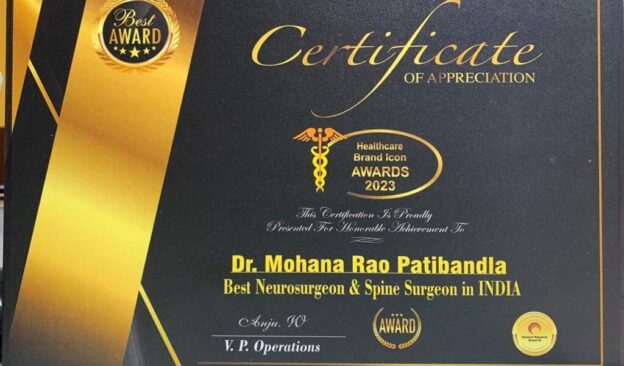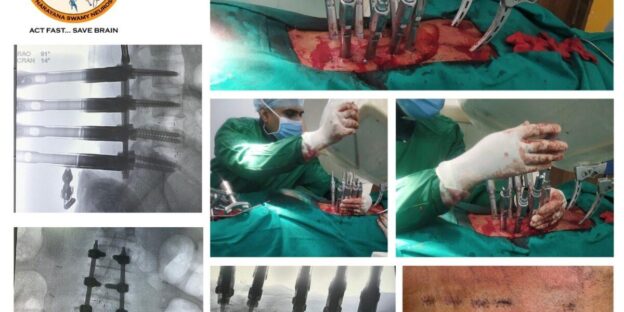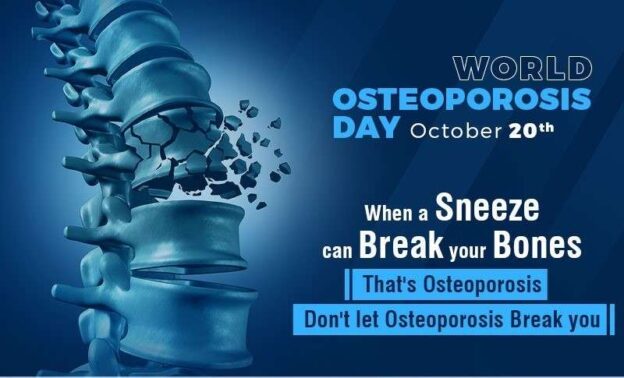Are spine surgeons at risk through innovation?
In the ever-evolving field of medicine, innovation is a double-edged sword. Spine surgery, a discipline once dependent on open surgical techniques, has seen tremendous technological advancements. From robotic-assisted procedures and minimally invasive techniques to artificial intelligence (AI) and 3D-printed implants, these innovations promise better outcomes, reduced recovery times, and fewer complications. But as these cutting-edge tools continue to shape the future of spine surgery, they raise an important question: Are spine surgeons themselves at risk of being overshadowed or rendered obsolete by these technological advancements? According to The Times of India coverage.
The Role of Innovation in Spine Surgery
Over the past few decades, spine surgery has undergone significant transformation.
Minimal invasive techniques:
These reduce the physical toll on patients by limiting incision size and muscle damage, leading to faster recovery times.
Robotics and Navigation Systems:
Tools like robotic-assisted surgery systems enhance precision, enabling surgeons to perform complex procedures more accurately.
Artificial Intelligence:
AI-driven diagnostics and surgical planning are making preoperative decision-making faster and more accurate.
3D Printing:
Customized implants and anatomical models help surgeons tailor procedures to individual patients.
These advancements empower spine surgeons to offer safer, more efficient procedures but also demand adaptation and continuous learning.
Are spine surgeons at risk?
1. Job Displacement vs. Role Evolution
While innovations like robotics and AI have automated some aspects of surgery, they cannot replace the expertise and judgment of a skilled spine surgeon. These tools are designed to assist, not replace, the surgeon. However, surgeons who fail to adapt to these advancements risk becoming less competitive.
2. The Learning Curve
Technological progress demands a continuous upgrade in skills. Surgeons must invest significant time and resources to master these new tools. Those unwilling or unable to embrace these changes may find their roles marginalized.
3. Ethical and Legal Challenges
Innovations come with ethical considerations, such as patient consent for AI-guided procedures or the risks of relying too heavily on technology. Spine surgeons must navigate these challenges to remain at the forefront of patient care.
4. Financial Pressures
Adopting new technology often involves substantial financial investment. Surgeons and hospitals must weigh the costs of acquiring and maintaining cutting-edge equipment against the benefits for their patients.
The Value of the Human Element
Despite these challenges, the human touch remains irreplaceable. Spine surgery often involves nuanced decision-making considering a patient’s unique anatomy, medical history, and personal preferences. Surgeons bring empathy, communication, and adaptability—qualities no machine can replicate.
Moreover, innovations like robotics require skilled operators, and AI-generated insights are only as good as the data they’re based on. Spine surgeons are the ultimate authority, interpreting technology-driven recommendations and making critical decisions.
Embracing Innovation for the Future
To thrive in this age of rapid advancement, spine surgeons must:
Commit to Lifelong Learning: Attend training sessions, workshops, and conferences to stay updated on the latest tools and techniques.
Collaborate with Innovators: Partner with engineers, AI specialists, and medical technology developers to ensure that new tools align with clinical realities.
Advocate for Balanced Integration: Use technology as an aid, not a substitute, ensuring that the surgeon remains central to patient care.
Focus on Holistic Patient Care: Maintain strong patient relationships by emphasizing empathy and trust, which technology alone cannot provide.
Conclusion
Innovation in spine surgery is not a threat but an opportunity. While technology continues to evolve, it does not diminish the importance of skilled surgeons who can adapt and integrate these tools into their practice. Spine surgeons who embrace innovation while staying grounded in their clinical expertise and human connection will remain relevant and lead the way in delivering exceptional patient care.
The key to success is understanding that technology is a tool, not a replacement. By leveraging innovation wisely, spine surgeons can enhance their practice, improve patient outcomes, and secure their role as indispensable professionals in the healthcare landscape.
Dr. Rao’s Hospital continues to pioneer the integration of innovation and expertise in spine surgery, ensuring that our patients benefit from the best of both worlds. For more information, visit us at drraoshospitals.com or contact us at 9010056444.
Dr. Rao’s Contact Information:
- Phone: 9010056444, 9010057444
- Email: info@drraoshospitals.com
- Address: Old Bank St, GV Thota, beside AK Biryani Point, Guntur, Andhra Pradesh 522001
- Website: Dr. Rao’s Hospital




